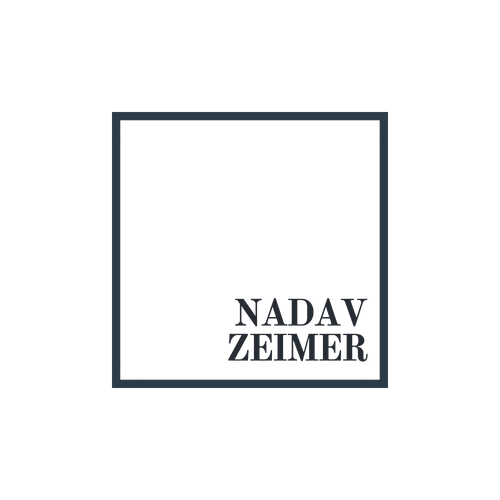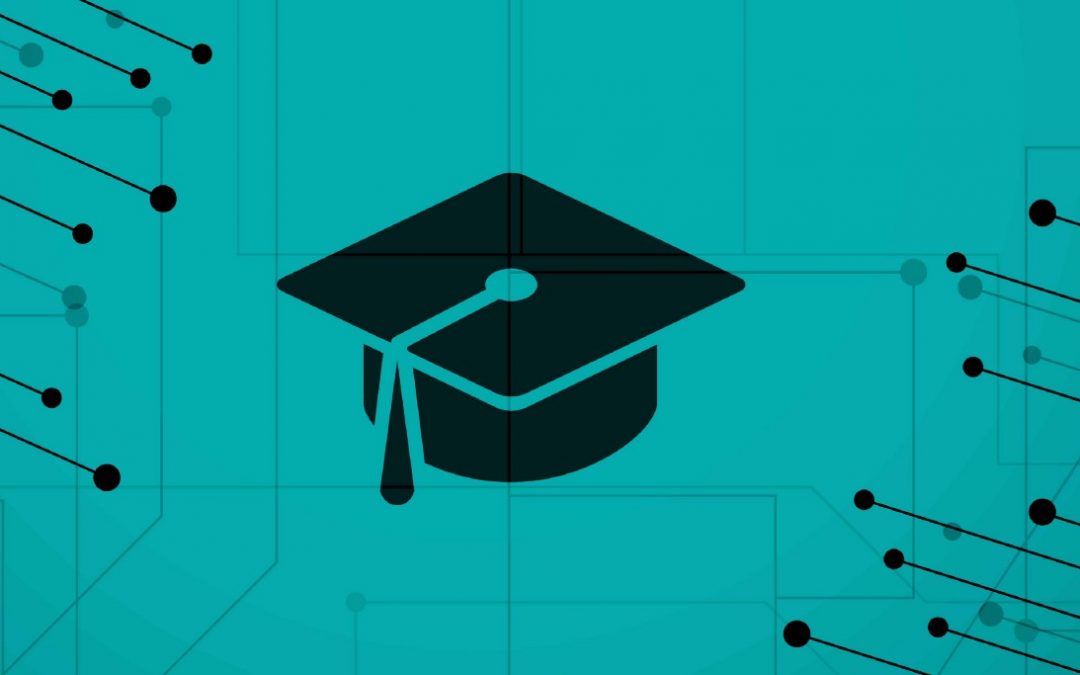How would your work in high school have been different if you knew that in order to earn a credit for it, it would be reviewed by an anonymous teacher outside your school and, if approved, would be posted online alongside the work of your peers across the country? What if a college admissions officer or scholarship award committee needed little more than a student transcript to evaluate eligibility: no SAT, no entrance essay required. Imagine if students in classrooms across the nation could respond to a common assignment posted by CNN, NPR or any media outlet seeking youth voices? What if teachers were encouraged to develop projects that matter and had much less pressure to prepare students for “high stakes” tests? These thoughts are a subset of the implications of distributed ledger technology applied to basic high school record-keeping.
I am a former software engineer, high school physics teacher, FIRST Robotics coach and current high school principal. As a young student I experienced the founding years of the Chicago Waldorf School in K-8 and the International Baccalaureate (IB) in high school. It was the stark transition from private elementary to public inner city high school which started a lifelong interest in exploring diverse systems of education and organizational leadership. I completed one year of a DEUG in quantum chemistry in France and earned a BA in physics, with major studies in computer science, and francophone African literature. That was followed by an MA in secondary science education and finally an administrative certification to become principal. In between the BA and MA, I worked for six years as a technology consultant for Great Place to Work® Institute, Inc. and an Israeli technology startup and I owned a small business in San Francisco.
When I stepped into the classroom as a physics teacher in 2003, putting the conclusions I had drawn into practice, I saw results! This included the robotics program which won multiple competitive awards even taking first place when up against the best public and private schools of New York City and second place in New York State. We ranked nationally as one of the few all-minority teams to compete at that time. Student surveys at the school where I taught awarded me the “teacher from whom I learned the most” award, twice, an honor that remains among the proudest moments in my professional life. And in 2010 I was approved to be a principal after six years in the classroom. After an intensive year of training, I was placed at the helm of a failing alternative school in Harlem, one of the twenty-four worst among the nearly eighteen-hundred city schools. The school was listed for closure in a city press release just a few months after my appointment. Our community rallied and, against all odds, we reversed the shut down order. We enjoyed some five years after that as an A-rated school with a range of showcase programs such as a $600k podcasting studio, greenhouse, paid internships, college trips, and then teacher and student led initiatives like science courses taught through the lens of social justice, environmental and health justice programs, and a formal karate dojo. We produced albums of student music and hundreds of student films, reduced suspensions by nearly eighty percent while improving accountability benchmarks like test scores and even the city’s Quality Review awarded us the highest rating one time.
Read the rest of this article on Hacker Noon.

